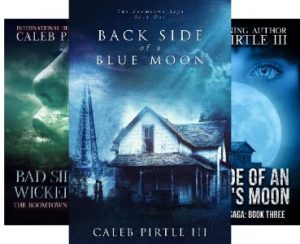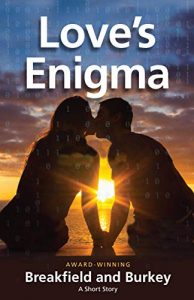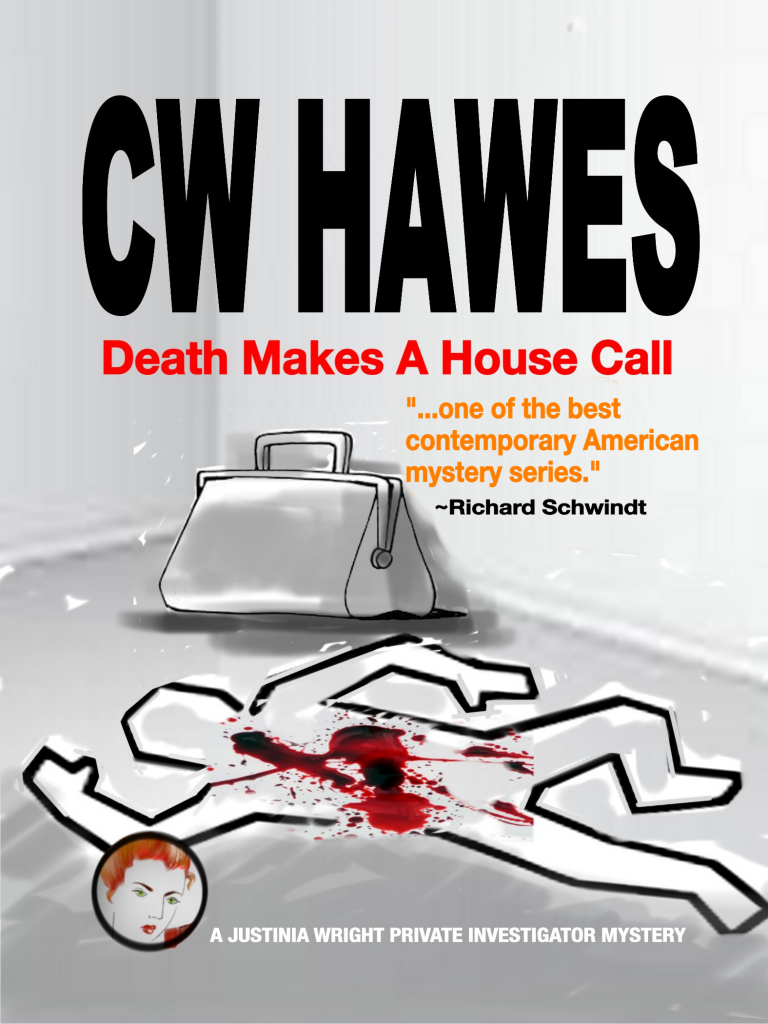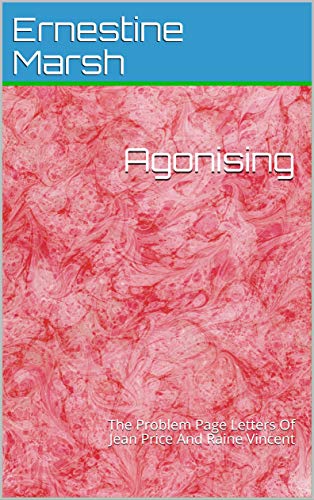I’m a whale and didn’t know it.
And you might be saying, “What is he talking about?”
Well, I’m a whale reader. And I turned into one in 2017.
Prior to 2017, I read less than 35 bucks a year. That is still a significant number considering that in 2016 only 35% of Americans read 11 or more books in a year. And by 2021, only 27% of Americans read 11 or more books in a year.
However, in 2017 I read 53 books and two dozen short stories. In 2018, I read 56 books and 37 short stories. And the trend has not slacked off. So far this year, I’ve read 67 novels and novellas and 25 novelettes and short stories.
So what is a whale?
The term comes from the casino industry. A whale is a person who is a big gambler. They either gamble very frequently or they spend a huge amount of money whenever they show up. It goes without saying, casinos love these folk because they bring in big bucks for the establishment. Casinos even reward whales with complementary stays in food and other benefits.
When it comes to books and reading, a whale reader is one who reads at least a book a week.
As to what constitutes a book, well, the definition is a bit loose.
Jacqui Murray, on her blog, Notes that even novelettes Count as books for the purpose of determining ones well book count. A novelette is that story between 7000 and 20,000 words. To my mind, that is cheating. But, hey, if it’s packaged as a”book” who am I to quibble?
Getting Books
Now being a book beluga is something of a problem. Namely, it can be an expensive hobby. So how do I find books on the cheap? And if possible free.
Aside from outfits such as Freebooksy, there are lots of places to get good quality books for free. My favorites are Project Gutenberg, Project Gutenberg Australia, and Faded Page.
There are tens of thousands of quality books on those sites that are no longer under copyright. Granted, they are older books; but what’s wrong with older books? Nothing. Nothing at all.
archive.org is another source of free reading. I got the entire run of the original Weird Tales magazine off Archive. That will keep me busy for quite a while. In addition to Weird Tales, I picked up digital copies of dozens of other pulp magazines for free.
Another way to get free reading is to become a beta reader. Many indie authors are looking for good beta readers. You get a free read and also help an author make his or her book better.
In addition to the free book route, there are also boxcar loads of books you can get on the cheap.
I don’t go to the theater and I don’t watch much on TV or the streaming services. I prefer to read.
So if I add up the cost of movie tickets and streaming services — I figure I can buy one heck of a lot of books for that amount of money.
So where can a person get books on the cheap?
Surprisingly, Kickstarter is an option. Support an author and then rake in all manner of free stuff via the stretch goals. I supported a Dean Wesley Smith campaign and for my $25 I got not only the books I “paid” for, but loads of free books and courses by means of the stretch goals that were unlocked. I got many hours of reading for cents on the page.
But quite honestly, books on the cheap are everywhere — if you keep your eyes open.
Garage/yard/estate sales are great places to get books cheap.
Wildside Press Megapacks are generally 99¢, sometimes less, and offer the reader loads of quality stories and novels. Most are older works, but some are newer. All are good.
Indie authors in Kindle Unlimited often run sales and you can pick up title for free or 99¢.
Just keep your eyes open.
So what do I read? A bit of most everything.
Science fiction, horror, mysteries, adventure, literary fiction, historical fiction, fantasy, post-apocalyptic, and the occasional non-fiction book.
Recently I burned through the Tamer and Star Justice series by Michael-Scott Earle.
I love short stories and am reading the King Kull series by Robert E Howard.
In fact, I’ve stockpiled so many books that if I didn’t buy another book, I’d have enough to last me for years before I’d run out. And that’s a good feeling.
Are you a whale? If so, drop me a note in the comments below and let me know what and who you are reading.
Comments are always welcome! And until next time, happy reading!
 CW Hawes is a playwright, award-winning poet, and a fictioneer, with a bestselling novel. He’s also an armchair philosopher, political theorist, social commentator, and traveler. He loves a good cup of tea and agrees that everything’s better with pizza.
CW Hawes is a playwright, award-winning poet, and a fictioneer, with a bestselling novel. He’s also an armchair philosopher, political theorist, social commentator, and traveler. He loves a good cup of tea and agrees that everything’s better with pizza.
If you enjoyed this post, please consider buying me a cup of tea. Thanks! PayPal.me/CWHawes
Share This!




